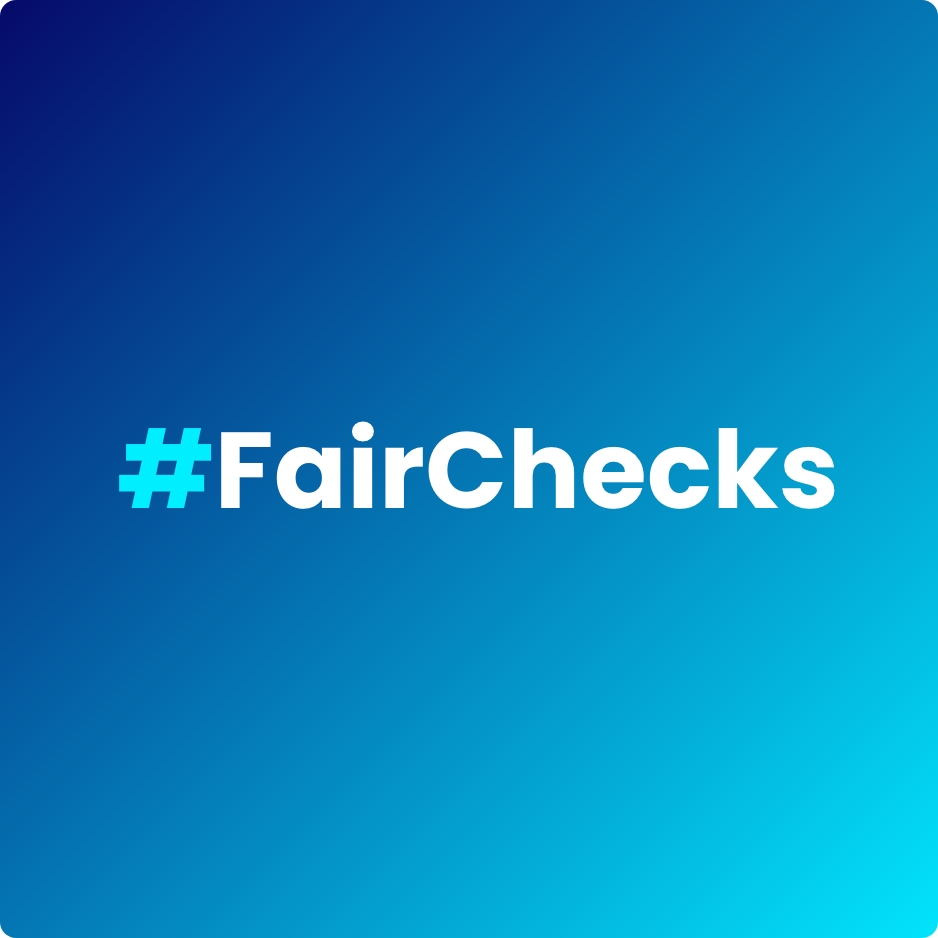Many types of organisations request disclosure of criminal records and DBS checks, and different types of job or voluntary position are eligible for different levels of disclosure and check. Because 27% employers admit to discriminating against people with criminal records, it’s crucial that the criminal records disclosure system is fair and proportionate. Although we’ve secured important changes in recent years, there’s still a long way to go and too many people remain unfairly anchored to their past.
Click on the issues below to read more about the work we’re doing.
Issues we're focussing on
- People with criminal records speak out about the exclusionary rule
- Criminal injuries compensation: respond to the consultation now
- Unspent convictions and the Criminal Injuries Compensation Scheme
- Fair Treatment in the Criminal Justice System
- Fair Treatment in Everyday Life
- Fair Access to Financial Services
- Fair Access to Housing
- Fair Access to Education
- Fair Access to Employment
- Fair use of DBS Checks and Disclosure of Criminal Records
- Discretionary filtering
- Reform of the Rehabilitation of Offenders Act
- Impact of Covid-19 on people with criminal records
- Disregarding of records and pardoning gay and bi men convicted under outdated laws
- Accessing social housing
- Pushing for improvements to how the Disclosure & Barring Service works
- Learning from overseas
- Access to insurance
- Misleading questions
- Spent motoring convictions
- Stopping unlawful criminal record checks
- Financial services
- Enforced subject access requests
- Becoming a trustee or senior manager of a charity
- The ‘Google-effect’ and spent convictions
- Challenging the DBS ‘filtering’ rules

Join the FairChecks movement
Campaign with us for a full review and overhaul of the outdated criminal records system
Find out more